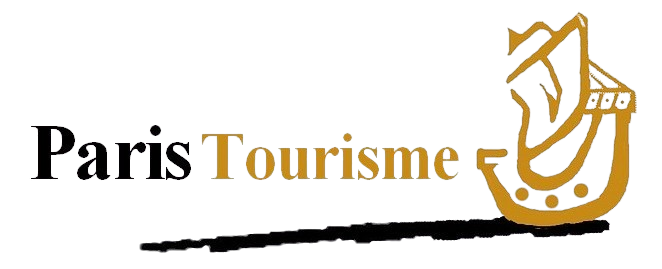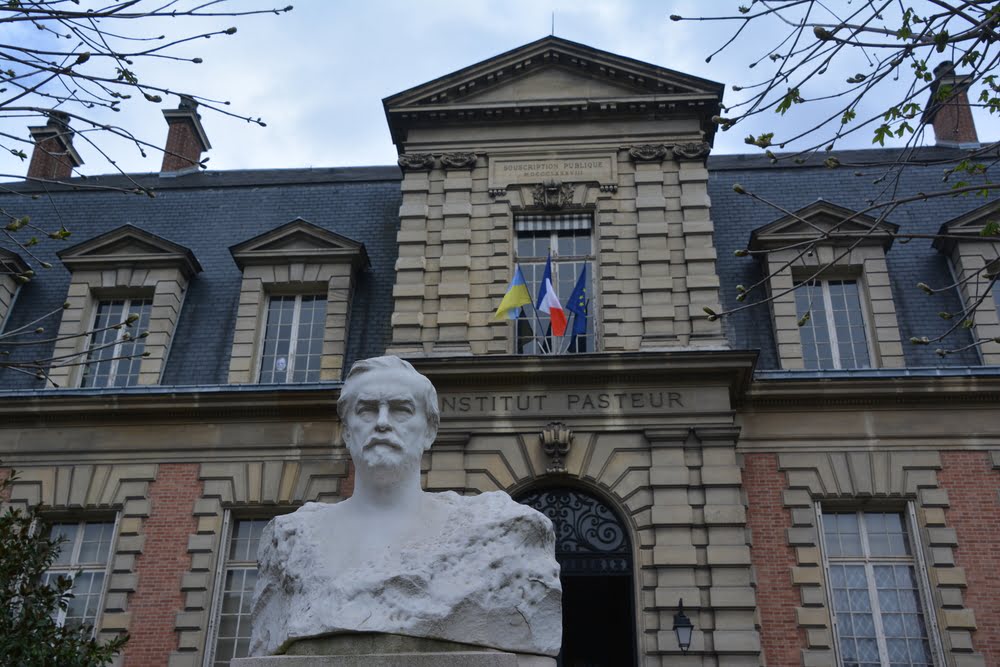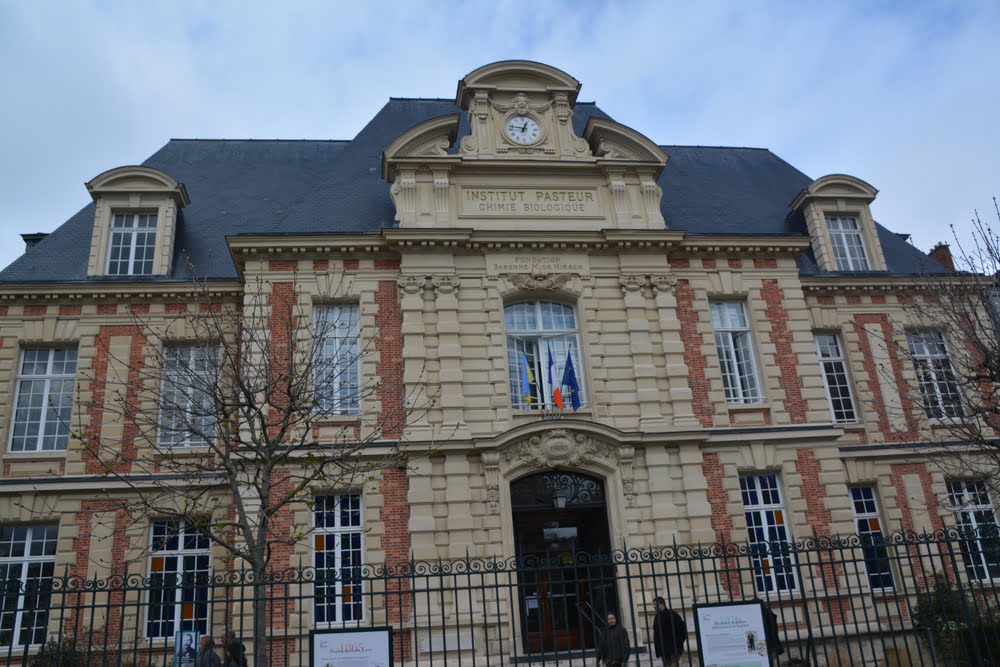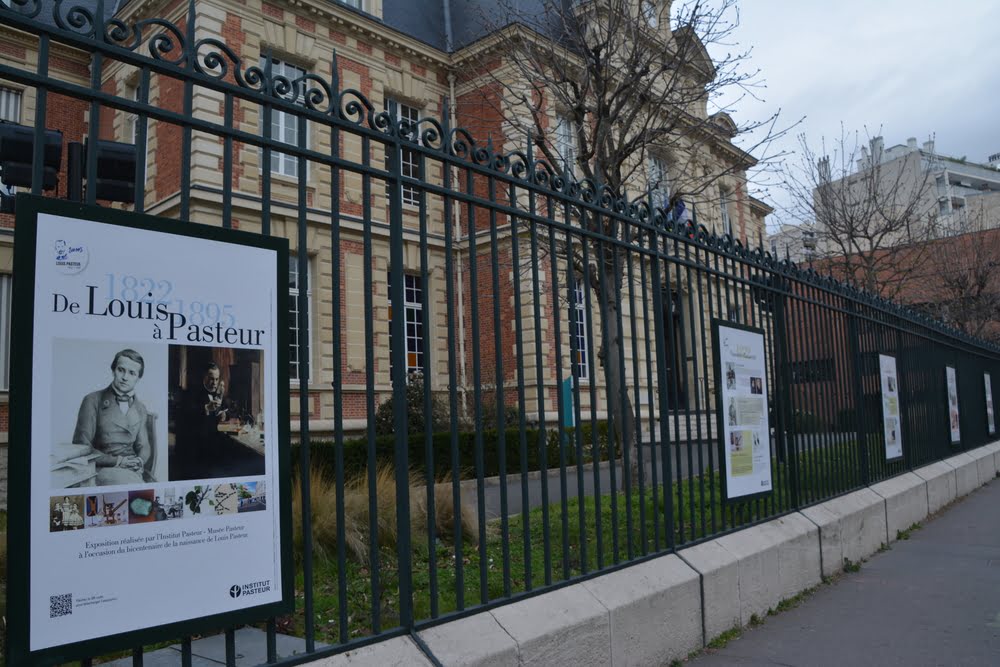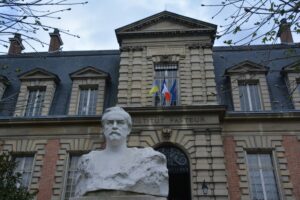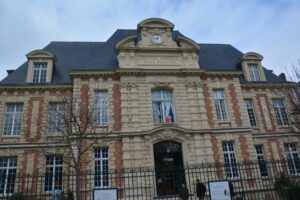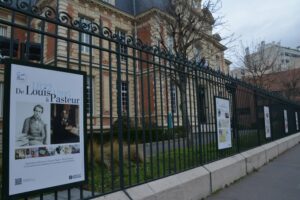- Paris Hotels
- Hotels by Category
- Hotels by Districts
- Champs Elysees Hotel
- Montmartre Hotel
- Saint Germain des Prés Hotel
- Montparnasse Hotel
- Porte de Versailles Hotel
- Republique – North Train Station Hotel
- Place de la Nation Hotel
- Latin Quarter Hotel
- Opera Garnier Hotel
- Marais – Bastille Hotel
- Gare de Lyon Hotel
- Gare Saint-Lazare Hotel
- Hotel Place d’Italie
- Other Hotels
- Hotels by Category
- Districts
- Paris map
- News
- Contact us
Pasteur Museum
- Profile
- prev
- next
- prev
- next
-
The Pasteur Museum is a scientific museum located in the 15th arrondissement of Paris. It is dedicated to the life and work of Louis Pasteur, one of the greatest scientists of all time.
History of the Pasteur Museum
The Pasteur Museum was founded in 1935, more than 30 years after the death of Louis Pasteur in 1895. The museum is located in the Pasteur Institute, a world-renowned biomedical research center founded by Pasteur himself in 1887.
The museum was created to honor the memory of Louis Pasteur and to present his important scientific discoveries to the public. Since its creation, the museum has been renovated and expanded several times to accommodate new exhibitions.
Permanent Collections
The permanent collections of the Pasteur Museum present the life and work of Louis Pasteur, as well as his achievements in the fields of microbiology, vaccination, and medicine. The exhibitions are presented chronologically, beginning with Pasteur’s youth and ending with his later years.
The first part of the exhibition is dedicated to the life of Louis Pasteur. It presents personal objects, portraits, and photographs that trace his journey, as well as memories of his loved ones.
The second part of the exhibition is dedicated to the science of Louis Pasteur. It presents original laboratory instruments, drawings of his experiments, original documents, and scientific publications. This part of the exhibition also presents Pasteur’s major discoveries, including the discovery of the principle of vaccination and the demonstration of the role of microbes in diseases.
The third part of the exhibition is dedicated to Louis Pasteur’s achievements in medicine. It presents original medical instruments, photographs of patients, and original documents related to the prevention and treatment of diseases such as rabies and diphtheria.
Temporary Exhibitions
The Pasteur Museum also organizes temporary exhibitions devoted to current scientific and medical themes. These exhibitions are designed to interest a wide audience, from the general public to healthcare professionals.
Recent temporary exhibitions include “Epidemics, from the Black Death to Covid-19,” which explored the history of epidemics throughout the ages, and “Science in the Service of Health,” which presented the latest advances in medical research.
Conferences and Events
The Pasteur Museum also organizes conferences and events for students, healthcare professionals, and the general public. These events are led by internationally renowned experts and allow visitors to discover the latest advances in scientific research.
Regular events include free monthly lectures on various scientific themes, workshops for children, and guided tours of the museum. The museum also organizes special events for important occasions such as Pasteur’s birthdays or European Heritage Days. These events include lectures, film screenings, and scientific demonstrations.
The Pasteur Museum also has a library, accessible upon request, which houses a collection of historical and scientific documents related to Pasteur and the history of medicine.
Guided tours
The Pasteur Museum offers guided tours for school groups, groups of healthcare professionals, and individual visitors. The guided tours are led by experienced guides and offer a unique educational experience.
The guided tours can be adapted to different levels of education and interests, providing a customized experience for visitors. The guided tours can be conducted in French, English, or Spanish.
Practical information
The Pasteur Museum is open from Tuesday to Saturday from 10:00 a.m. to 6:00 p.m. It is closed on Sunday and Monday. Admission is free for all visitors.
The museum is located near the Pasteur metro station (lines 6 and 12) and can be accessed by bus via lines 28, 62, 88, and 95. People with reduced mobility can access the museum through a special entrance.
Location : 25 Rue du Dr Roux 75015 Paris
Phone : 01 45 68 80 00
Official website : https://www.pasteur.fr/fr/institut-pasteur/musee-pasteur
Nearby hotels
-
14 Rue Stanislas, 75006 Paris, France
-
32 Rue des Saints-Pères, 75007 Paris, France
-
21 Rue de Penthièvre, 75008 Paris, France
-
25 Rue du Dr Roux, 75015 Paris, France
